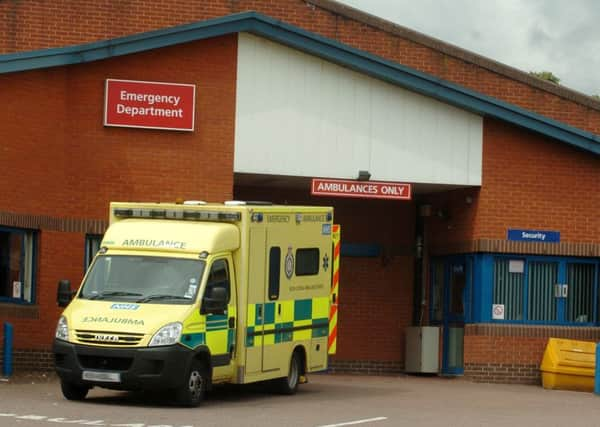Patients '˜happier' as special Horton unit helping to relieve pressure on A&E


The Rowan Ambulatory Unit receives patient referrals from the emergency department, GPs, and other wards within the hospital.
Staff at the unit then provide treatment and help patients receive community or home-based care, and the feedback from patients has been ‘really positive’.
Advertisement
Hide AdAdvertisement
Hide AdWard manager Jayne Brown said: “We’re really pleased with how the unit is working.
“No-one wants to be in hospital longer than they need to be, and we work hard to make sure people are back with their home comforts and loved ones as soon as it’s safe for them to be there.
“We are also able to offer treatments in a day unit setting that means that patients do not have to be admitted to hospital, but can go back to their own homes on the same day.
“This means that the pressure on our emergency department is reduced, beds are freed up, and our patients are happier.
Advertisement
Hide AdAdvertisement
Hide Ad“Some of the feedback we’ve received from friends and family has been really positive, which is great to hear.”
The team treats a wide variety of conditions, ranging from chest pains, deep vein thrombosis, infected wounds, and cellulitis.
The unit recently extended their opening hours to 8am to 8pm, which means referrals can be received later in the day.
So patients who see their GP in the afternoon and need a referral to the hospital can get treated on the same day.
Advertisement
Hide AdAdvertisement
Hide AdJohn Drew, director of improvement and culture at Oxford University Hospitals NHS Foundation Trust, which runs the Horton, said: “I recently visited the unit and it was great to see the team working together in a very collaborative way to benefit our patients, and allowing them to be treated as close to home as possible.
“Winter is always a difficult time for hospitals, so the unit has really come into its own over the colder months to support the additional attendances at our emergency department and in GP practices.”